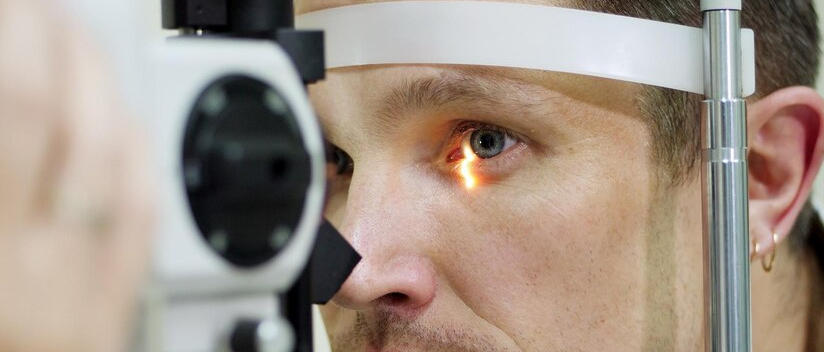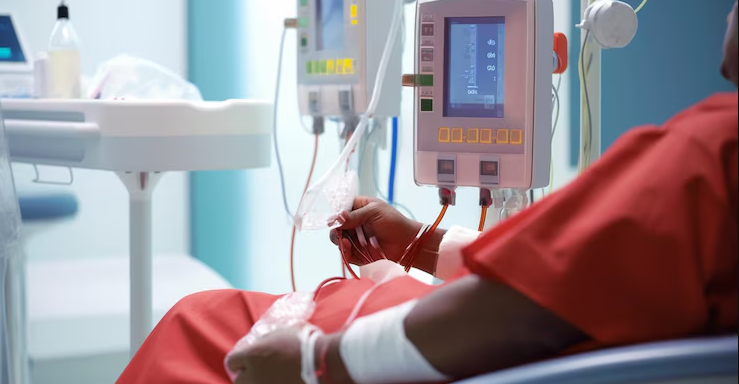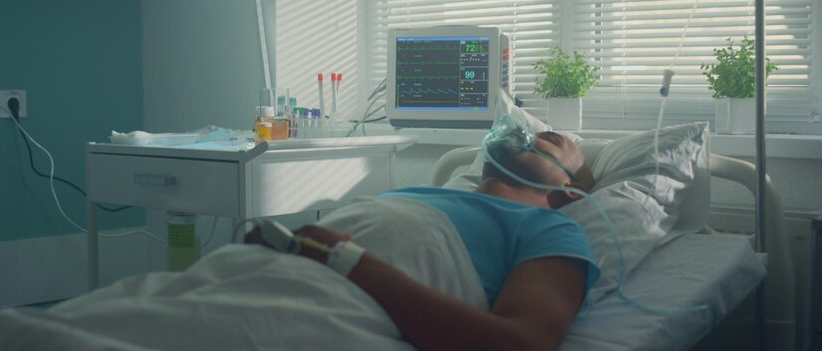Photo Credit: Kieferpix
Since patients in the ICU with transplantable organs often face mortality risks, understanding transplant procedures and outcomes is crucial for preparedness.
The demand for transplantable organs exceeds the availability of suitable organs. Since death among patients with transplantable organs is not unusual in the ICU, patients need to be familiar with the processes and outcomes for potential organ transplantation. Transplantation is always performed under state law, and the intensivists should familiarize themselves with transplantation laws.
There are generally two approaches to organ donation:
- Brain death/death by neurologic criteria is usually abbreviated as Donation after Brain Death (DBD). These patients are pronounced dead by accepted medical standards, currently defined by a known cause of catastrophic neurologic injury resulting in irreversible loss of function of the entire brain, including the brainstem, coma, brain stem areflexia, and apnea in the presence of an adequate stimulus. If the patient’s oxygenation and circulation are adequately supported, they may be less likely to suffer ischemic damage before transplantation, leading to better graft survival and other important benefits.
- Donation after cardiac death (DCD) occurs when a patient who does not satisfy criteria for DBD has irreversible cessation of heartbeat and circulation, usually after life support equipment is discontinued. After the patient is pronounced dead, an agonal period begins with the potential for deterioration of organ functioning, which may make the recovery of viable organs more challenging than in DBD. Since DCD may be performed on patients before discontinuation of life support, DCD can potentially increase the number of possible donors.
Each form has different processes, medical, and ethical considerations. Either form of donation requires sensitivity and communication with families and the Organ Procurement Office (OPO). The healthcare professionals and OPO should work seamlessly together to provide the best support to affected families so that patient and family wishes are respected, and organs are effectively obtained and transplanted. Although most medical teams support and value organ transplantation, their primary duty is not to the transplantation system or the potential organ recipient but rather to the afflicted patient and family to ensure that the patient is treated to their preference and that their wishes are fulfilled. About 43% of licensees request donor authorization in 47 states in the U.S., and people can authorize it online or with their driver’s license check-off. Both staff and families need to understand that, in most states, this authorization cannot be overridden by family members or anyone else without a court order. Special empathy and support will be necessary if this becomes an issue.
Organ donation from the ICU is a complex process in which the healthcare professional is faced with ethical, legal, and medical concerns that must be approached with significant empathy and good communication so that the wishes of patients and families are respected and lead to improved health and even survival for other humans.


















